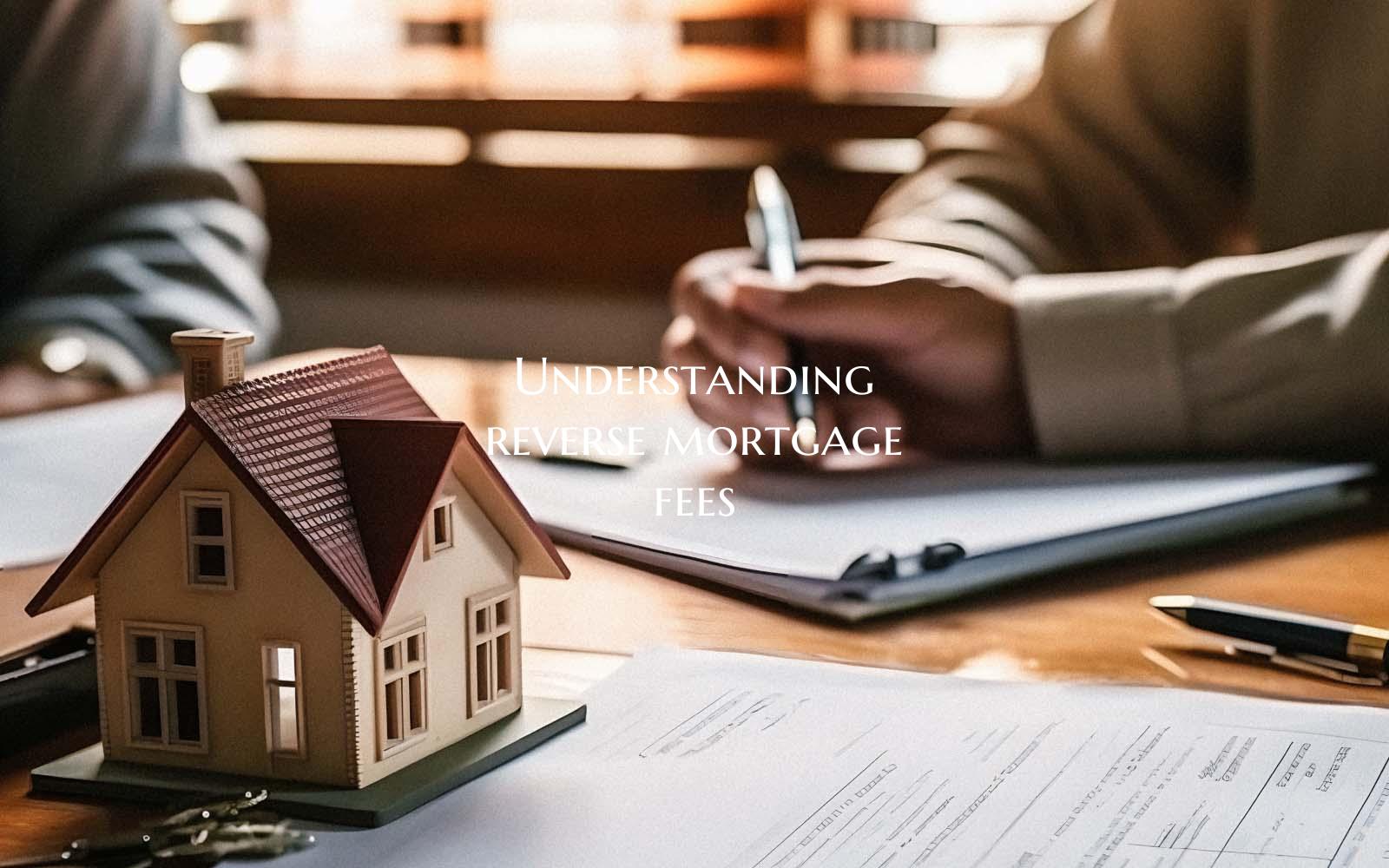Understanding reverse mortgage fees

A reverse mortgage can be a valuable financial tool for seniors looking to tap into the equity of their homes without having to move. However, it's important to have a clear understanding of the various fees associated with a reverse mortgage to make an informed decision.
1. Upfront Costs: One of the primary fees associated with a reverse mortgage is the upfront costs. These may include origination fees, appraisal fees, closing costs, and mortgage insurance premiums. The origination fee is typically based on the value of the home and is capped by the government. Appraisal fees are necessary to determine the market value of the home, while closing costs cover expenses such as title searches and insurance. Mortgage insurance protects both the borrower and the lender.
2. Interest Rates: Interest rates on reverse mortgages can vary and may be fixed or adjustable. The interest that accrues on the loan balance will impact the total amount owed over time. It's essential to understand how interest rates will affect the overall cost of the loan and whether there are any opportunities to reduce these costs.
3. Servicing Fees: Servicing fees are charged by the lender to manage the loan over its lifetime. These fees can include loan servicing, maintenance, and monitoring the borrower's payments. Understanding what these fees cover and how they are calculated is crucial for borrowers to assess the ongoing costs of maintaining the reverse mortgage.
4. Counseling Fees: Before taking out a reverse mortgage, borrowers are required to undergo counseling with a HUD-approved counselor. While this may incur a fee, it is designed to ensure that borrowers fully understand the terms of the loan and the implications of their decision. Counseling can provide valuable insights into the financial implications of a reverse mortgage and help borrowers make a well-informed choice.
5. Additional Costs: In addition to the standard fees associated with a reverse mortgage, there may be other costs to consider, such as property taxes, homeowners insurance, and maintenance expenses. It's important for borrowers to budget for these ongoing costs to avoid any financial strain in the future.
In conclusion, while a reverse mortgage can offer financial flexibility for seniors, it's crucial to comprehend the various fees involved to make a sound financial decision. By understanding the upfront costs, interest rates, servicing fees, counseling fees, and additional expenses, borrowers can evaluate whether a reverse mortgage aligns with their long-term financial goals. Consulting with a financial advisor or mortgage specialist can provide further clarity and guidance on navigating the fees associated with a reverse mortgage.
